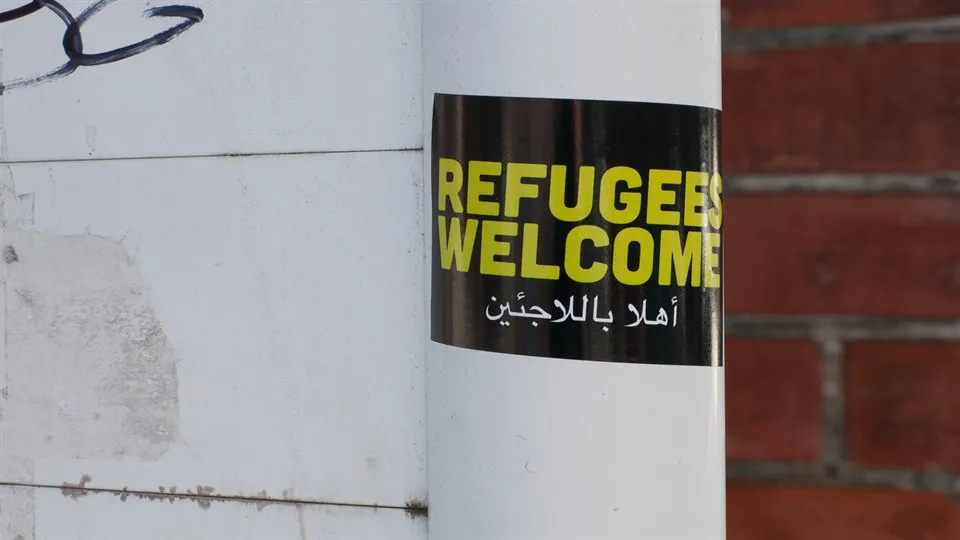Relations are vital: A Spatio‑Relational Understanding of Civil Society´s Work to Support Refugees
In this thesis, the aim is to create a broader understanding of the meaning of relationships and their impact on (non-)collaborative work in civil society. Civil society as a concept is used broadly and includes both organizations and individuals without organizational affiliation.
In this thesis I am interested in civil society (non-)collaborations in the context of refugee support. The thesis explores different types of relationships at individual and organizational levels in civil society, and includes both urban and rural areas in the Swedish context. The research aim will be specified through four scientific articles (focused on three research questions) that address the aim of the thesis in different ways.
- What drives civil society actors to cooperate or not when it comes to supporting refugees?
- How do civil society organisations' relations with the municipality influence their initiative to participate in different cooperation arrangements with the municipality?
- How can (non-)cooperation and (non-)relations in civil society be understood in terms of different types of resistance?
I hope that the results of this thesis will contribute to knowledge that is not only relevant to refugee support, but also to improving our understanding of how and when civil society actors cooperate. Understanding how relationships, place and temporality shape cooperation is important because it can improve our understanding of cooperation in future complex situations, crises and in everyday life.
Facts
Project period
180201-231231
Research centers
Departments
Subjects
Project leader


